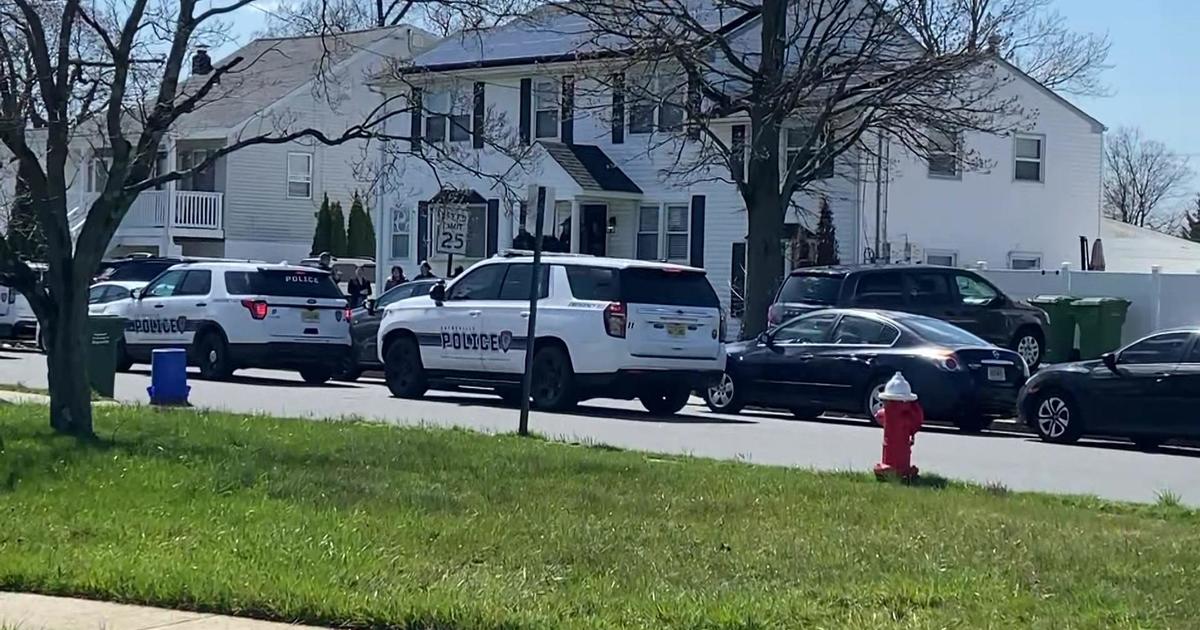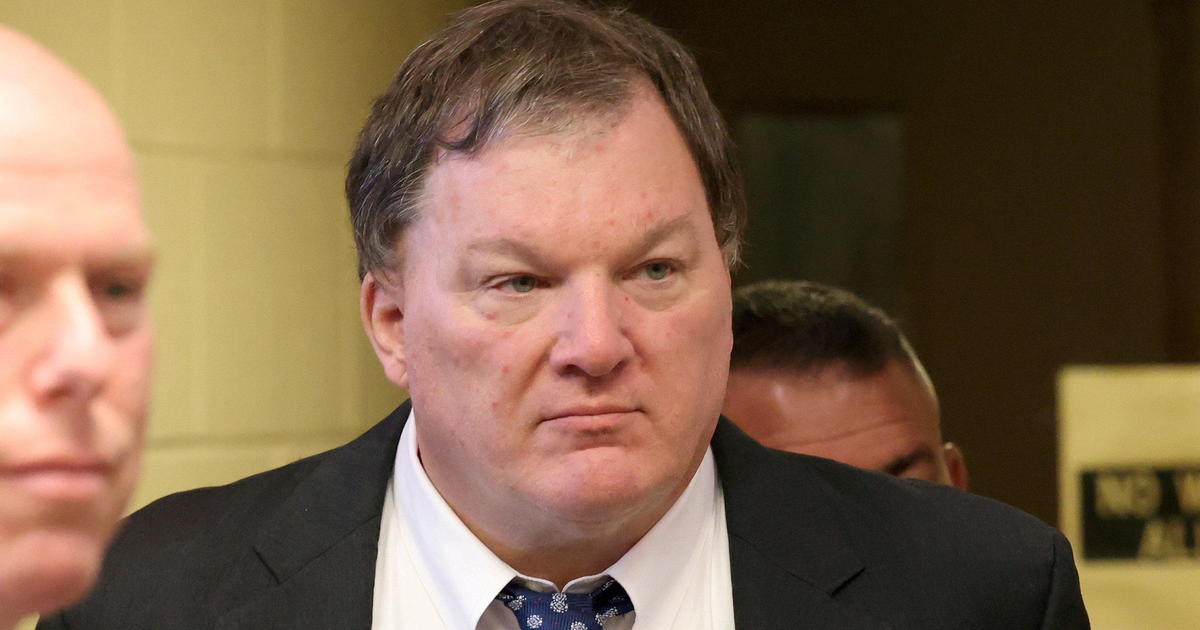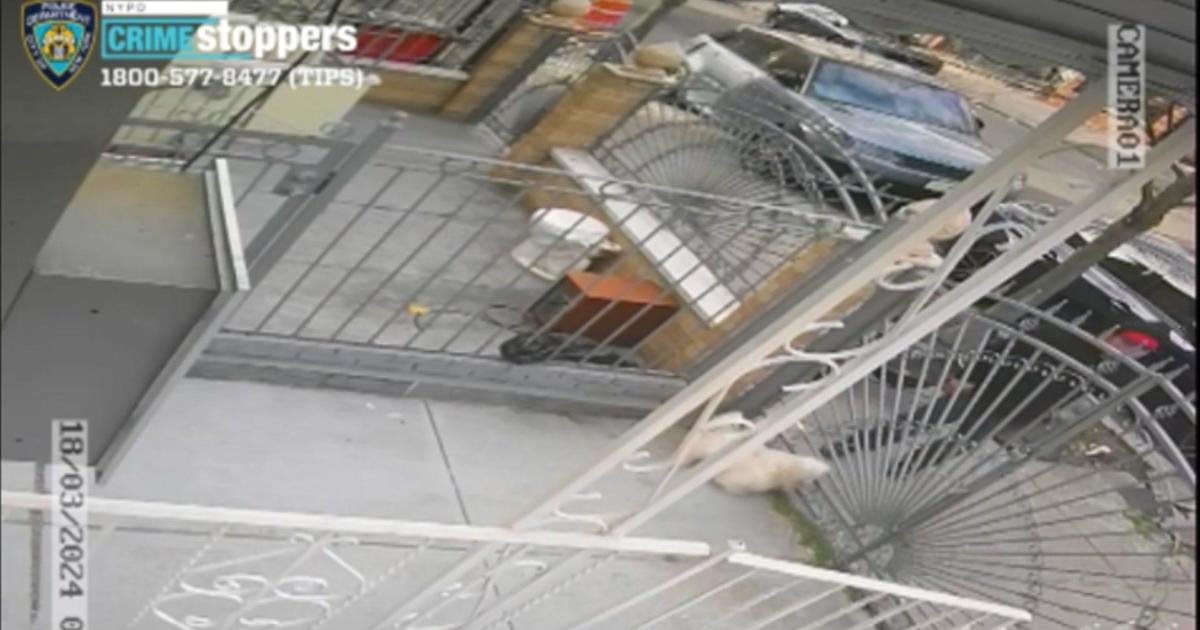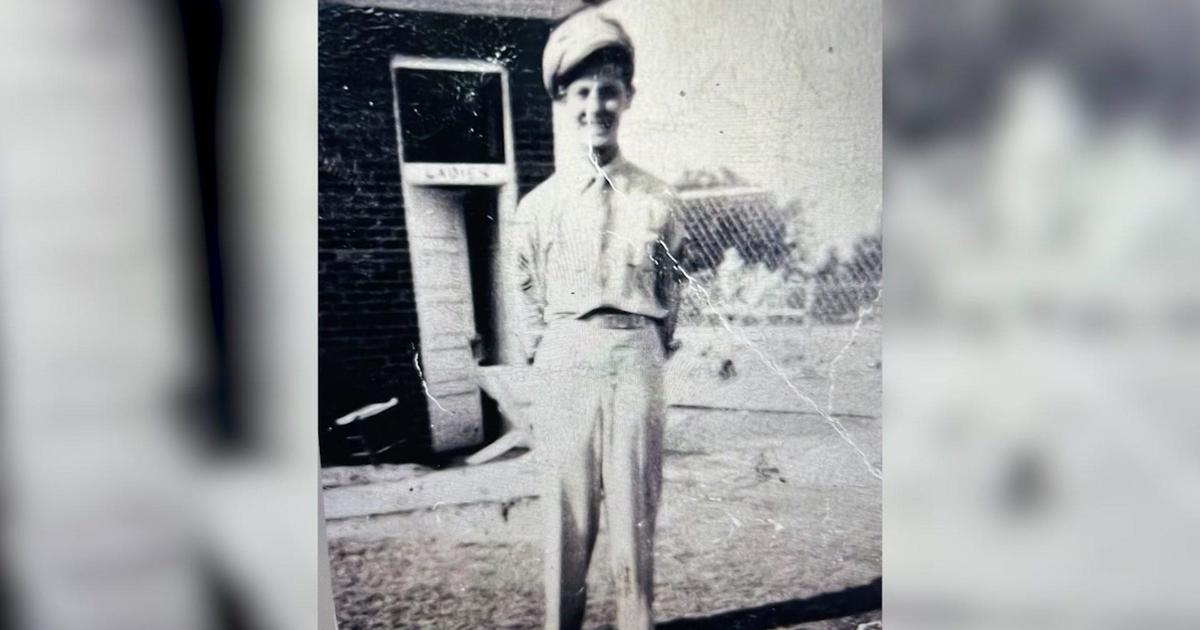Bergen County Woman's Missing Father Is Alive In Asia
WASHINGTON (WCBS 880/AP) - A Bergen County woman has new hope about the fate of her father.
Sarah Levinson's father Robert Levinson, a retired FBI agent, has been missing for nearly four years. Robert Levinson was working as a private investigator looking into a cigarette smuggling case on the Iranian island of Kish in 2007 when he disappeared.
WCBS 880's Peter Haskell reports the good news
Podcast
After nearly four years without word about what happened to Levinson, his family received proof late last year that the father of seven was alive. It was a dramatic development that sharply intensified diplomatic efforts to bring him home.
LINK: Help Bob Levinson Website
It remains unclear who is holding Levinson or where he is, but the proof that he is alive was a hopeful sign that whoever has him was willing to negotiate for his release.
"It has been almost four years since I have seen my beloved husband Robert Levinson,'' his wife, Christine, said in a statement on the family's website. "Our family is tremendously encouraged by the news Bob is alive but remains concerned for his safety and well being.''
The AP has known about the proof that Levinson is alive since shortly after it arrived but delayed reporting it because officials said any publicity would jeopardize getting Levinson home safely.
The AP is not disclosing the nature of the proof because officials believe that would hurt efforts to free him.
On Thursday, the State Department issued a three-sentence statement by Secretary of State Hillary Rodham Clinton saying there were indications Levinson was in southwest Asia and asking Iran for help. The AP has learned fuller details after a lengthy investigation into Levinson's disappearance and the effort to get him back to the U.S.
Authorities don't know why the evidence that Levinson was alive surfaced now after years of silence. But it has touched off the most hopeful round of diplomacy since he disappeared.
Iran has repeatedly said it has no information about Levinson, but U.S. diplomats and investigators have long said they believed he was taken by Iranian government agents.
As years passed, many in the U.S. government believed the 62-year-old with diabetes and high blood pressure might have died. With proof that he is alive, the case becomes one of the longer international hostage situations involving U.S. citizens. Levinson is unusual, however, since nobody has publicly acknowledged holding him.
Iranian President Mahmoud Ahmadinejad has been circumspect about what his country knows about Levinson. In the course of a single interview, he said he had no information, offered to help and accused the FBI of withholding information about why Levinson was in Iran.
Levinson retired from the FBI in 1998 and became a private investigator. He was investigating cigarette smuggling in early 2007, and his family has said that effort took him to Iran. Kish is a popular resort area and a hotbed of smuggling and organized crime. It is also a free trade zone, meaning U.S. citizens do not need visas to travel there.
Iran shares borders with the southwest Asian countries of Pakistan and Afghanistan, raising the possibility that Levinson was shuttled into one of those countries. Both border crossings are known smuggling routes. The route into Pakistan leads into a lawless tribal region that's home to insurgents, terrorist groups and criminal organizations.
Levinson disappeared after a meeting with Dawud Salahuddin, an American fugitive wanted for the assassination of a former Iranian diplomat in Maryland in 1980. Salahuddin has said he last saw Levinson being questioned by Iranian officials. Levinson's distinctive signature was used to check out of his hotel, but he never made it to the airport.
Over the years, stories have trickled in from witnesses claiming to have evidence about Levinson's whereabouts. But like so much about Iran, the U.S. was never able to verify those accounts.
An Iranian defector now living in the United States, Reza Kahlili, told the AP that Levinson was picked up by the Quds Force, a unit of Iran's Revolutionary Guard. Kahlili said he was told by sources inside Iran that Levinson was investigating money laundering and discovered a link between the Russian mob and the Revolutionary Guard.
Kahlili said Levinson was taken to a safe house in Tehran but he does not know what happened to him. A former FBI official said the U.S. was aware of that account, and though he described Kahlili as credible, the U.S. could never confirm his story.
In 2009, an Iranian defector told U.S. authorities that while imprisoned by Iran's Revolutionary Guard, he saw the name "B. Levinson'' scrawled on the door frame of his cell. That account was included in a diplomatic memo obtained by the WikiLeaks website and published last month. Former officials have raised doubts about the defector, however, and when the AP located him in Europe in early January, he said he never saw Levinson's name.
The State Department has repeatedly called on Iran to provide more information about Levinson. U.S. diplomats have also asked foreign leaders to intervene. Even the Vatican was enlisted, but in 2008 the Iranian government chastised the pope's ambassador to Tehran, saying the Vatican had no business asking about the case, according to State Department documents.
Around the time Iran released American hiker Sarah Shourd, Levinson's daughter Sarah told WCBS 880 reporter Peter Haskell, "I just ask that my father be remembered and his case be remembered and that the Iranian government also helps us to find him and bring him home."
(TM and Copyright 2011 CBS Radio Inc. and its relevant subsidiaries. CBS RADIO and EYE Logo TM and Copyright 2011 CBS Broadcasting Inc. Used under license. All Rights Reserved. This material may not be published, broadcast, rewritten, or redistributed. The Associated Press contributed to this report.)



